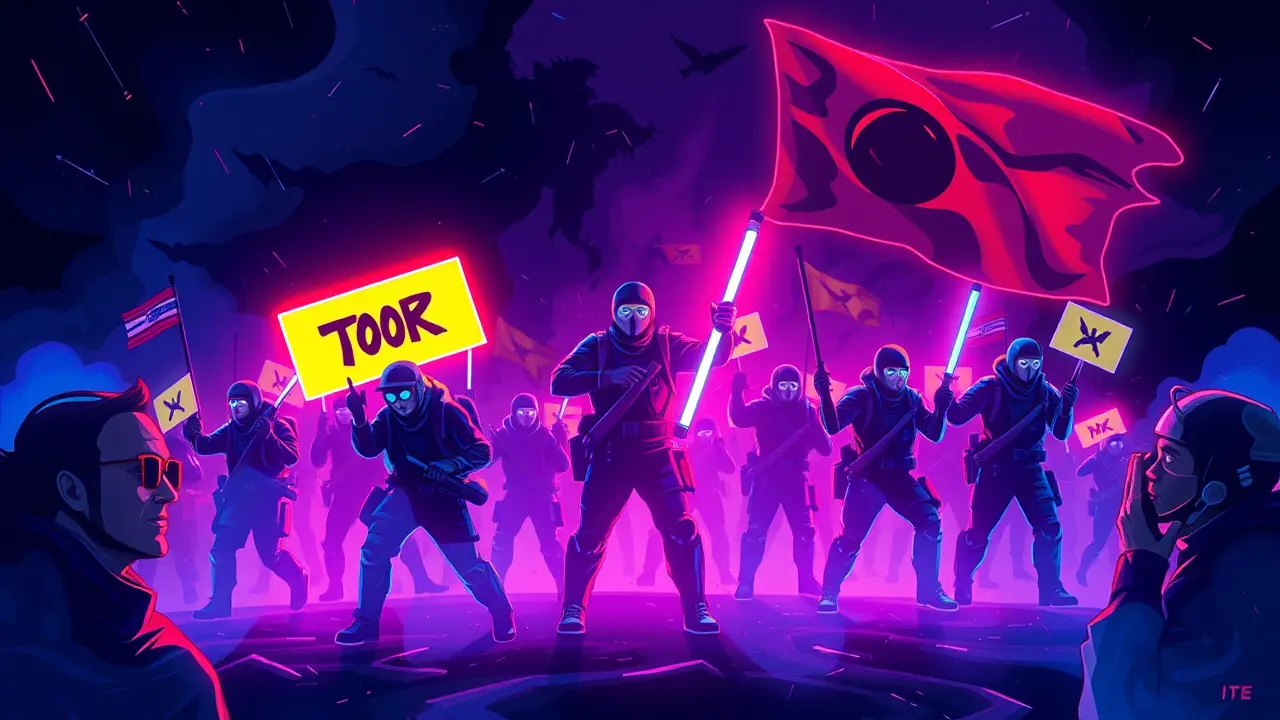The New Power of Far-Right Influencers
The political battlefield has been redrawn, and the new shock troops aren't just marching in the streets—they're mobilizing online with a terrifying new efficiency. The recent designation of antifa as a domestic terrorist group isn't merely a policy shift; it's a political masterstroke for a far-right influencer ecosystem that has spent years building its power base in the digital trenches.This isn't your grandfather's political smear campaign; this is a 21st-century information war where the ammunition is viral content and the casualties are truth and individual safety. Take author and historian Mark Bray, an expert on antifascist movements, who now finds himself in the crosshairs of a coordinated harassment campaign.This is the new playbook: use a major political declaration as a signal boost, then unleash a digitally-native army to personally target and intimidate voices of opposition. It’s a strategy ripped straight from a modern campaign war room, where the goal isn't just to win a news cycle but to demoralize and silence the opposition through relentless, personalized attacks.These influencers, operating like decentralized political action committees, understand the media landscape better than the legacy outlets they despise. They frame complex, often loosely-organized anti-fascist activism as a monolithic, threatening entity, a boogeyman perfectly tailored for viral consumption.This narrative didn't emerge from a vacuum; it’s the culmination of a long-game strategy that began on fringe message boards, was refined in the alt-right blogosphere, and has now been weaponized on mainstream platforms whose algorithms reward outrage and simplification. The consequences are starkly real.For Bray, it means a constant barrage of threats that blur the line between online vitriol and physical danger, a chilling effect designed to make experts think twice before speaking out. For the body politic, it represents a fundamental erosion of discourse, where historical analysis is drowned out by memes and decontextualized video clips.We've seen this movie before—the red-baiting of the McCarthy era, the talk-radio-driven panic of the 1990s—but the velocity and scale are unprecedented. The influencers driving this wave aren't just commentators; they are field generals in a culture war, and their successful campaign to reframe a whole spectrum of anti-racist and anti-fascist activism as 'domestic terrorism' is a victory that will undoubtedly be replicated.The next target could be any individual or group that stands against their ideology. This is more than a news story; it's a live-fire exercise in the future of political coercion, and the far-right's digital army is proving frighteningly effective at winning battles without firing a single physical shot, reshaping the very terrain of American political engagement from the ground up.
It’s quiet here...Start the conversation by leaving the first comment.
© 2025 Outpoll Service LTD. All rights reserved.
